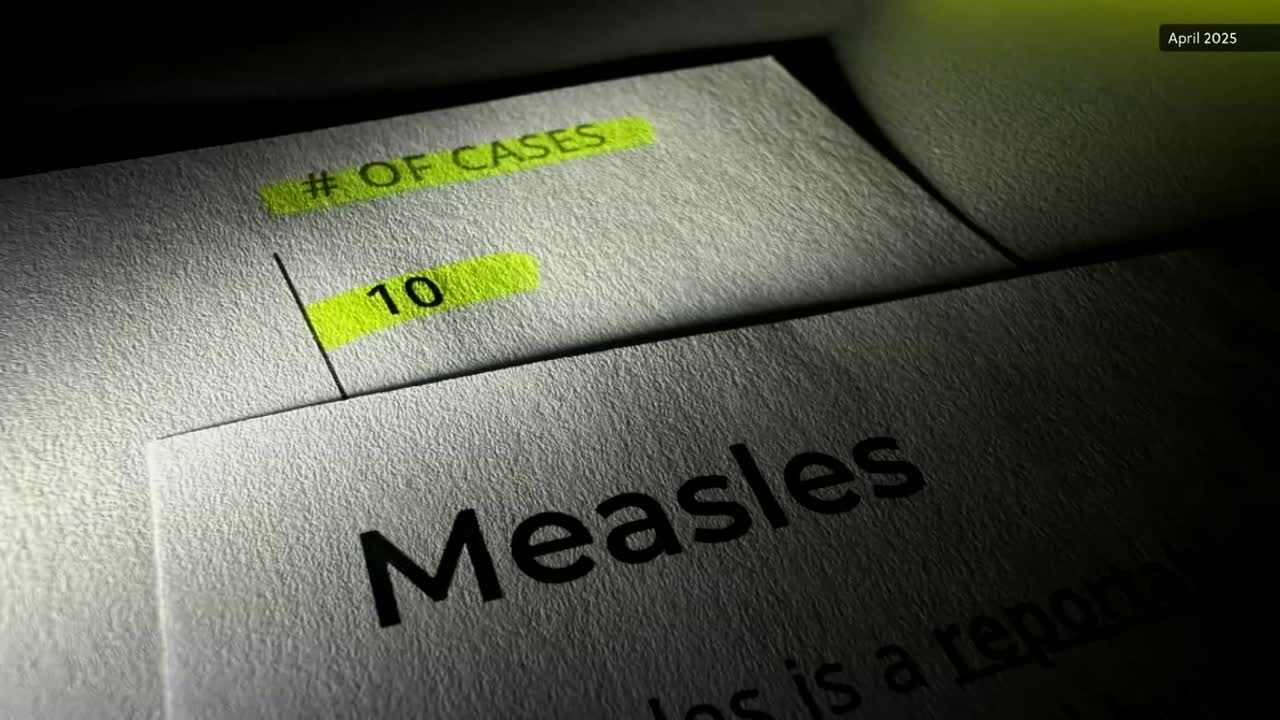Time to swallow your feelings.
It’s no secret that gut health is being treated like the ultimate biohack these days, as ongoing research shows your digestive system impacts your skin, immune system, energy levels and even your mood.
Studies have even found links between the gut and Parkinson’s, colon cancer and other conditions, with doctors routinely recommending people get more fiber in their diets.
 Researchers at Caltech have developed a capsule that can measure your gut health. T Mdlungu/peopleimages.com – stock.adobe.com
Researchers at Caltech have developed a capsule that can measure your gut health. T Mdlungu/peopleimages.com – stock.adobe.comSo it might be no surprise that the geniuses over at Caltech have invented a tiny pill called PillTrek that’s lined with electrochemical sensors that measure pH, temperature, metabolites, ions — even serotonin and dopamine — right in your gut.
The pill is itty-bitty — measuring 7 millimeters in diameter and 25 millimeters in length — but it packs a powerful punch.
“We designed this pill to be a very versatile platform,” Wei Gao, a professor of medical engineering at Caltech and a Heritage Medical Research Institute Investigator, said in a press release.
“From an electrochemical-sensing point of view, it is very powerful. It has the ability to measure metabolites, ions, hormones such as serotonin and dopamine, possibly even proteins as well. And all within the gut, which is a complex environment.”
 The PillTrek smart capsule measures just 7 millimeters in diameter and 25 millimeters in length. Jihong Min and Wei Gao
The PillTrek smart capsule measures just 7 millimeters in diameter and 25 millimeters in length. Jihong Min and Wei GaoCurrent gut tests rely on messy stool samples or pricey, invasive biopsies — and offer only snapshot insights.
Conversely, this smart capsule offers a window into a future where assessing your gut health — which is also a marker of overall health and a good way of detecting diseases early — can be relatively easy.
“Ingestible capsules have significant potential in diagnosis, monitoring and management of chronic conditions, but previous devices were very limited in terms of their sensing capabilities, lifetime, and size,” said Azita Emami, who is working with Gao to make the pill even smaller and more energy-efficient.
“This work is an important translational step toward devices that can provide meaningful medical information for patients and physicians.”
Researchers outlined the pill in a paper published in the journal Nature.









 English (US) ·
English (US) ·